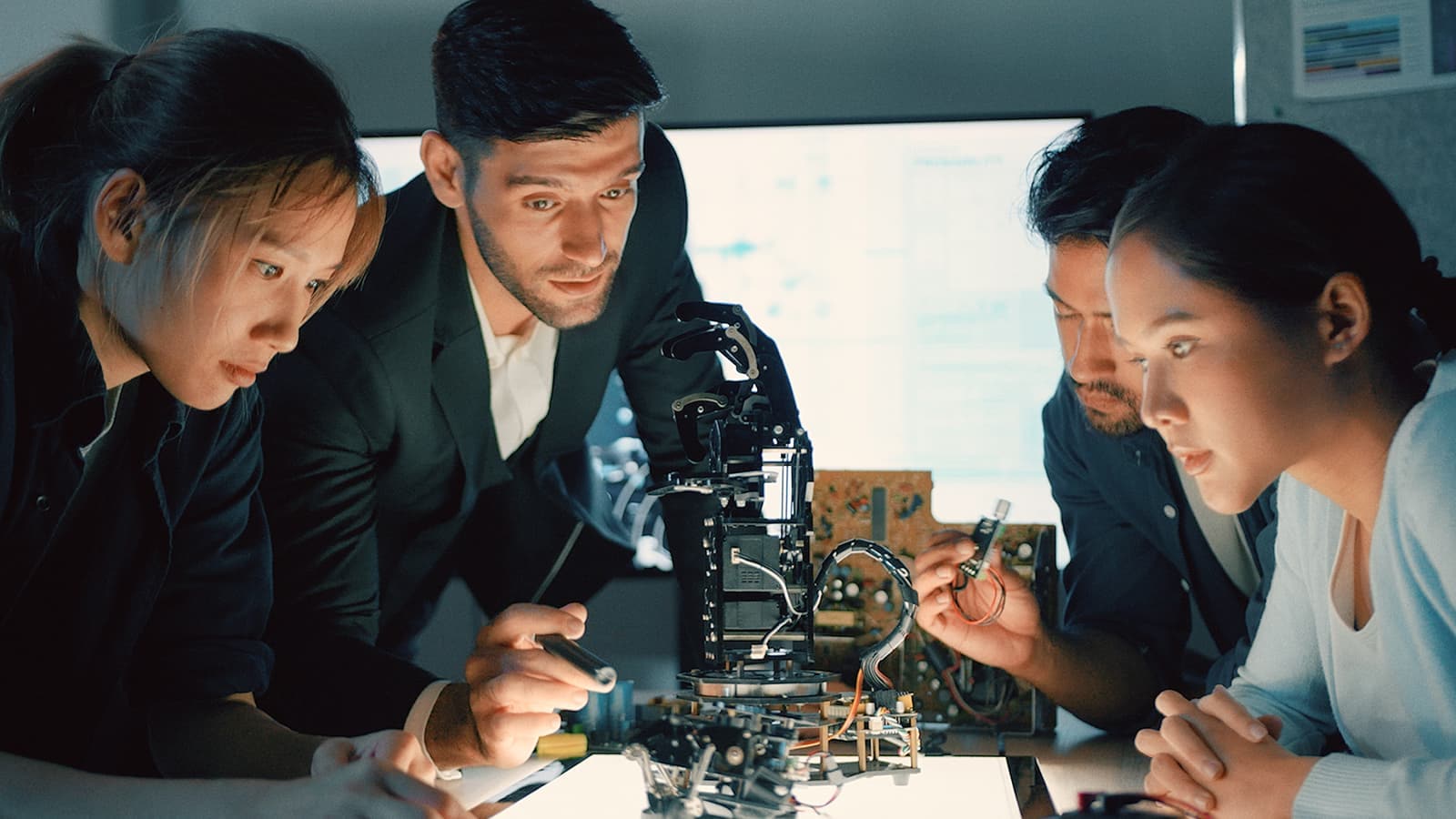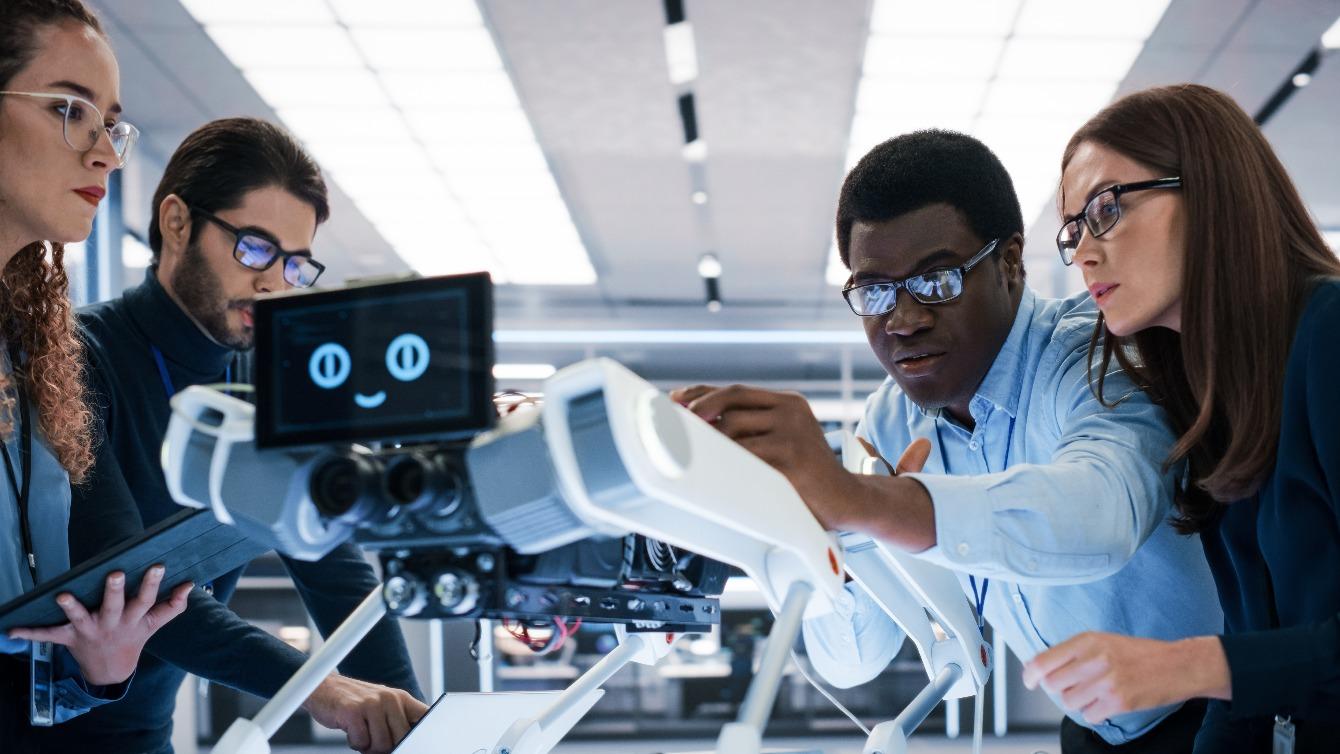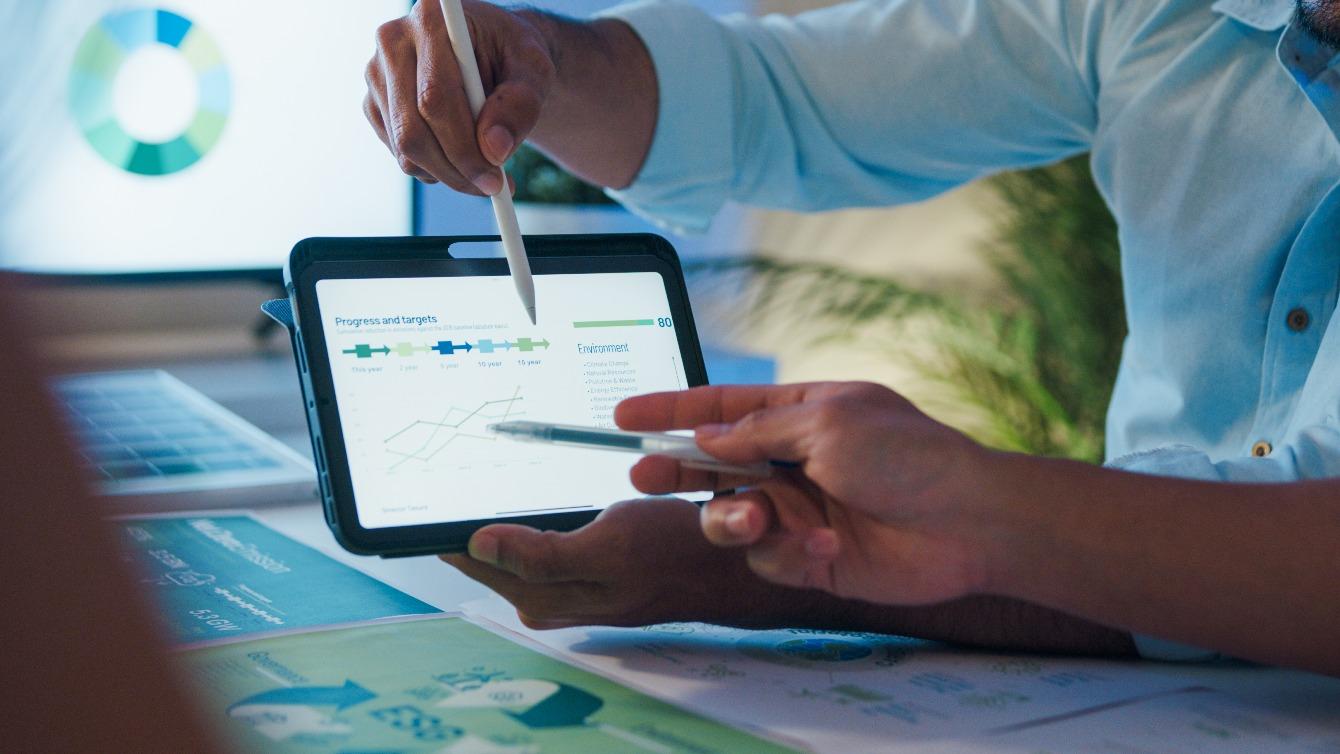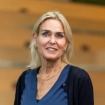PwC's 28th CEO Survey shows that executives are somewhat more optimistic about global economic growth, but their concerns have grown, especially in the Netherlands. Is this the calm before the storm?
PwC's CEO Survey is an annual deep dive into the views of business leaders on the economy, their own companies and the environment in which they operate. Approximately 4,700 CEOs worldwide participated in the survey.
CEOs still generate most of their revenue from core business
Two years ago, around four out of ten CEOs worldwide were already expressing their doubts as to whether their company would still exist in ten years’ time if they continued on the same path. While this percentage has remained stable, PwC’s the latest CEO Survey reveals that many business leaders have taken action to implement innovations within their organisation, particularly in the development of new products or services. At the same time, it also appears that companies worldwide have generated the vast majority of their revenue from their core business over the past five years, with only seven percent coming from new alternative activities.
Business model reinvention yet to be seen on a large scale
PwC CEO Agnes Koops-Aukes: 'What this research shows is that organisations are making adjustments to their existing business model. Real innovations in the way they make money, serve customers or offer new products or services are not yet happening on a large scale, however. These findings are not really surprising; they relate to actions taken over the past five years, while business model reinvention revolves around the future.
'I believe that most organisations feel a genuine pressure to change. The fact that about forty percent say they doubt their long-term viability if they continue on the same path speaks volumes. Organisations will need to outline a strategy and make investments to future-proof their business model. And that involves playing on multiple chessboards at once as well as thinking several moves ahead.'
Threats grow stronger but economic optimism increases
The growing pressure to change is also evident from the factors that can significantly impact the revenue and profitability of organisations in the short term. CEOs perceive these threats more strongly than a year ago. This applies to CEOs worldwide and even more so to Dutch CEOs. In the Netherlands, concerns about (impending) geopolitical conflicts have grown considerably. While only eleven percent saw this as a major concern in last year’s survey, this figure has now risen to 38 percent.
What seems contradictory is that CEOs worldwide, including in the Netherlands, are much more optimistic about global economic growth over the coming twelve months. Globally, 58 percent (compared to 38 percent last year) of the CEOs surveyed expect economic growth and this figure rises to 63 percent (37 percent a year ago) in the Netherlands.
CEOs' concerns about threats are long-term
PwC Chief Economist Barbara Baarsma:'What you see here is the difference between the short and long term. In the Netherlands, we had seven quarters of economic stagnation. With economic growth now picking up it is not surprising that CEOs have a somewhat more positive outlook on the future. Their concerns about threats are more about the long term. Organisations in many countries worldwide, including the Netherlands, have still been facing high inflation, rising interest rates and disappointing growth figures over the past year.'I would describe the current situation in the Netherlands as the calm before the storm in a world full of hurricanes. We know that storms are coming, but we do not know when or from which direction. Examples include geopolitical tensions, trade wars, climate disasters and social unrest. The CEO Survey shows that some leaders are preparing their organisations for turbulent times, although this has yet to happen on a broad scale.
'On the one hand, I think there are companies which perceive this calm as 'things are going quite well,' reducing the sense of urgency to invest in innovation, productivity and new business models. On the other hand, I think there is also a sense of paralysis among organisations, causing them to stand still. There is so much on the horizon that it becomes difficult to determine if and when to change course.'
‘CEOs, time to reflect’
PwC CEO Agnes Koops-Aukes calls on her fellow CEOs to regularly take time to reflect on the choices and strategies made:'We have to make decisions in a time of 'unlimited uncertainty.' This means that you have to recalibrate more often than before: Are we on the right track with integrating GenAI into our work processes? Are we investing enough and in the right things? Are we sufficiently involving our colleagues in this? Are we ambitious enough when it comes to new markets, new products and new services? Is our business model still fit-for-future? Taking time to reflect with fellow executives improves decision-making.'
CEOs working on building trust
PwC asked Dutch CEOs whether and what actions they are taking to restore society's trust in large companies, which has significantly declined over the past decade. The responses show that nine out of ten are taking action on this, mainly focusing on transparent reporting about their dilemmas in sustainability and annual reports, and engaging in dialogues with stakeholders.
Koops-Aukes:'Although it’s not new that society is asking businesses to contribute to society, I do think this demand is becoming more explicit as political polarisation increases. I see a clear role for businesses – including PwC – to make a contribution to solutions for the major challenges of our time. Think of the consequences of climate change or providing equal opportunities for everyone. Politics cannot solve these problems alone; it needs support from society, including us. You see that CEOs are more willing in recent years to be transparent and take responsibility.'
Constantly changing regulations remain major pain point
This year’s PwC survey also asked Dutch CEOs what the government could do to improve the business climate in the Netherlands. A large majority of respondents placed more stable regulations at the top of the list. This is not surprising, according to PwC CEO Agnes Koops-Aukes.'We saw this point come up last year as well. It is evident from the business climate heatmap we published and is now also emerging in research by other organisations. The sense of urgency is clear.'
PwC's 28th CEO Survey
Read the full report with the global results






















